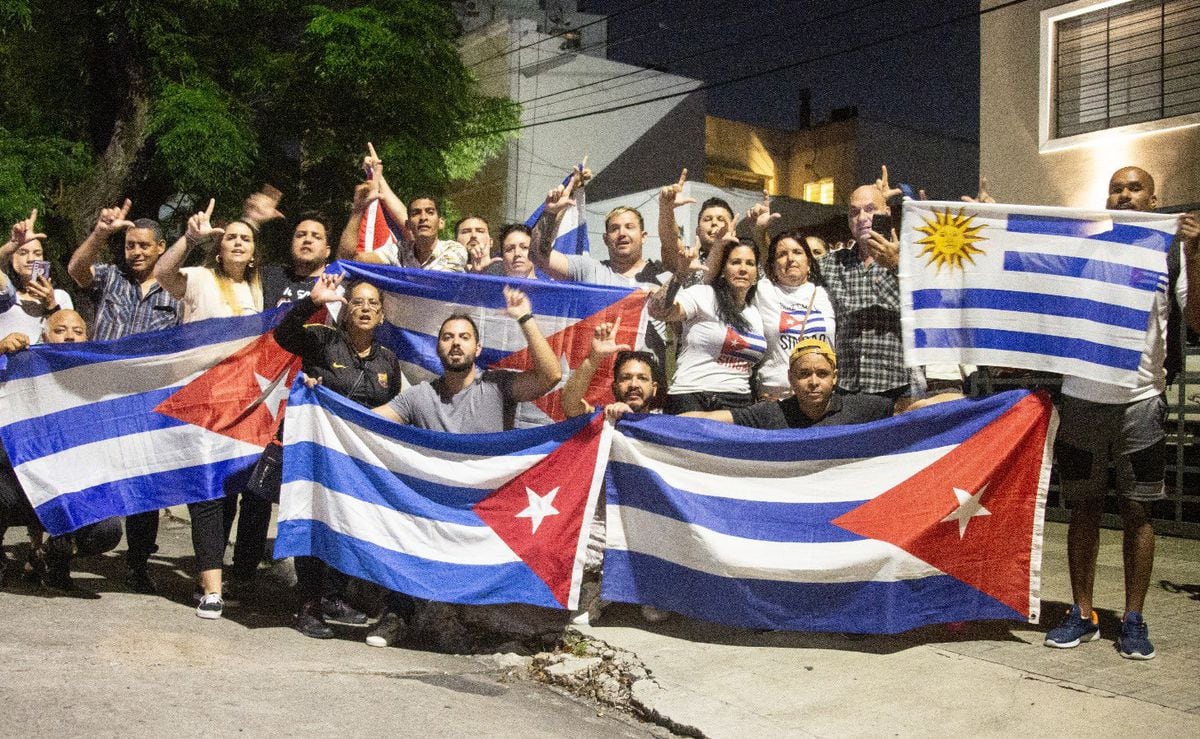The recommendations are clear: isolation must be carried out on an individual basis.
But evidence-based studies that would allow this issue to be rigorously addressed are lacking.
The ideal situation would be to self-isolate, given that it is likely that not everyone in the household is at the same point in the infection process, and it is possible that each person has a different amount of the virus at a given moment.
Let's assume two people are living with Covid-19. The first person has infected the second, meaning the first has more of the virus than the second, because they caught it earlier. It will take some time until the last person to be infected has the same amount of the virus as the first case and their immune system has begun to fully respond to the virus. Until then, it is important not to be exposed to the higher viral load of the first infected person. By self-isolating, we can separate people who have a higher viral load from those who have less of the virus, especially at the beginning of the infection and up until all parties have developed a strong immune response. In other words, it is important that the viral load of the infected household members does not increase due to the fact they are living with other Covid-19 cases.
More information
If I am positive for Covid after seven days, am I still infectious?
What's more, we cannot rule out the possibility that each person is infected with a different variant of the coronavirus.
If one member of the household has infected the rest, then everyone would have the same strain.
But if this is not the case, given that different variants of the SARS-CoV-2 virus have been living among us in certain moments, there could be contagions from different strains.
That's why it's important for Covid-19 cases who are living together to isolate themselves from one another.
Although there are few cases of coinfection with different variants – due to the complexity involved with formally demonstrating this in studies – in general, coinfections can worsen symptoms, so it is best to prevent them.
It is always better to give your body the chance to fight one virus and then another.
If there are two at the same time,
The best way to self-isolate from other Covid-19 cases is to wear an FFP2 face mask and constantly ventilate shared spaces. If each person can use a different bathroom, even better. And of course avoid sharing plates, cups, cutlery, napkins and other items. It is also safer to sleep in different rooms. Evidently, these considerations are especially important if one of the Covid-positive household members is at higher risk from the virus or is unvaccinated, in which case we must do everything possible to isolate ourselves to protect them. To ensure the situation doesn't worsen, special care also has to be taken if one of the infected people has symptoms.
But there are situations when self-isolating from other household members is not that easy. This is very clear when it comes to Covid-19 cases who have small children who are also positive. In this case, we have to accept that the self-isolation process cannot be followed as rigorously as it can with adults. But remember children are at lower risk, which is why the only precaution that should be taken is to wait until the last person to be infected has finished their isolation before breaking quarantine. After the last infected person has finished the isolation period, it's also a good idea to take an antigen test to verify a negative result before returning to normal life. Keep in mind though that if isolation periods remain short, there is still the potential risk of contagion even if an antigen test comes back negative. In these cases,it would be good to limit social interactions as much as possible and avoid, above all, contact with vulnerable people. Lastly, people who have a confirmed Covid-19 infection via testing must strictly isolate themselves from those who have only been exposed to the virus, given that it is possible that the latter will not get infected if they do not continue to be exposed to the virus. virus.
Nuria Izquierdo-Useros
is a biologist and a lead investigator at the research institute IrsiCaixa.
Spanish version by Melissa Kitson.

/cloudfront-eu-central-1.images.arcpublishing.com/prisa/JPJ4KGNWAVEVZI4MEE4U3BGPQI.jpg)



/cloudfront-eu-central-1.images.arcpublishing.com/prisa/KUBXLJY3SVA6TBUTWFC2F6X5WI.jpeg)



